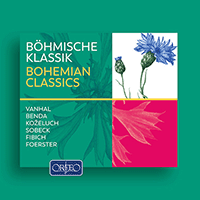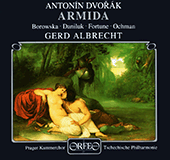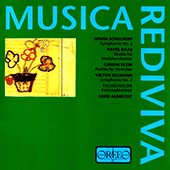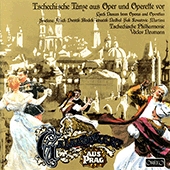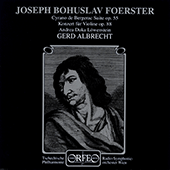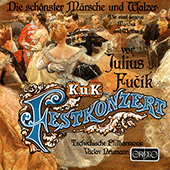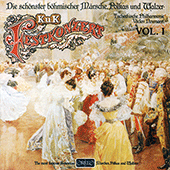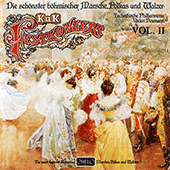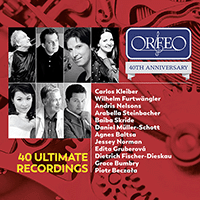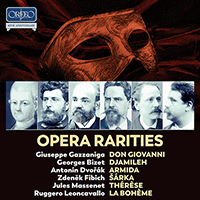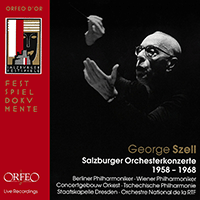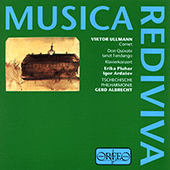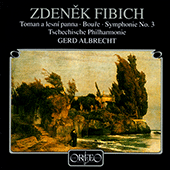Czech Philharmonic Orchestra
The Czech Philharmonic Orchestra was founded in 1894, when the orchestra of the National Theatre, Prague’s chief opera house, organized a series of concerts. Dvořák conducted the first one, in 1896. In 1901 the Czech Philharmonic became an independent orchestra under the conductor-composer Ludvík Celanský. Its other conductors, up to 1918 when Czechoslovakia became an independent country following the First World War and the breakup of the Austro-Hungarian Empire, included Oskar Nedbal (1896–1906) and Vilém Zemánek (1902–06). In 1908 Mahler conducted the orchestra in the world première of his Seventh Symphony.
Other celebrated musical figures who appeared with the orchestra in its early decades include Rachmaninoff, Grieg, Ysaÿe, and Sarasate. Václav Talich, its director from 1919 to 1941, brought the Czech Philharmonic into the ranks of Europe’s finest, and it was with him that the orchestra made its first recordings. Talich’s successor, Rafael Kubelík (1942–48), had made his début with them in 1934, when he was only twenty-eight. Another in the orchestra’s unbroken line of illustrious maestros, Karel Ancerl, its next chief conductor (1950–68), enlarged the repertoire to include many important 20th-century compositions. The orchestra’s recording activity also increased during this period, earning it a number of coveted international prizes. During the long tenure of chief conductor Václav Neumann (1968–90), the orchestra achieved international renown for its distinctive sound and interpretative style—and especially for its incomparable performances of Czech music. Since then, under Neumann’s successors—Jirí Belohlávek (1990–92), Gerd Albrecht (1993–96), Vladimir Ashkenazy (since 1998), and its principal guest conductor and longtime collaborator, Sir Charles Mackerras—the Czech Philharmonic has further increased its international stature, with extensive tours and an ever widening repertoire.








